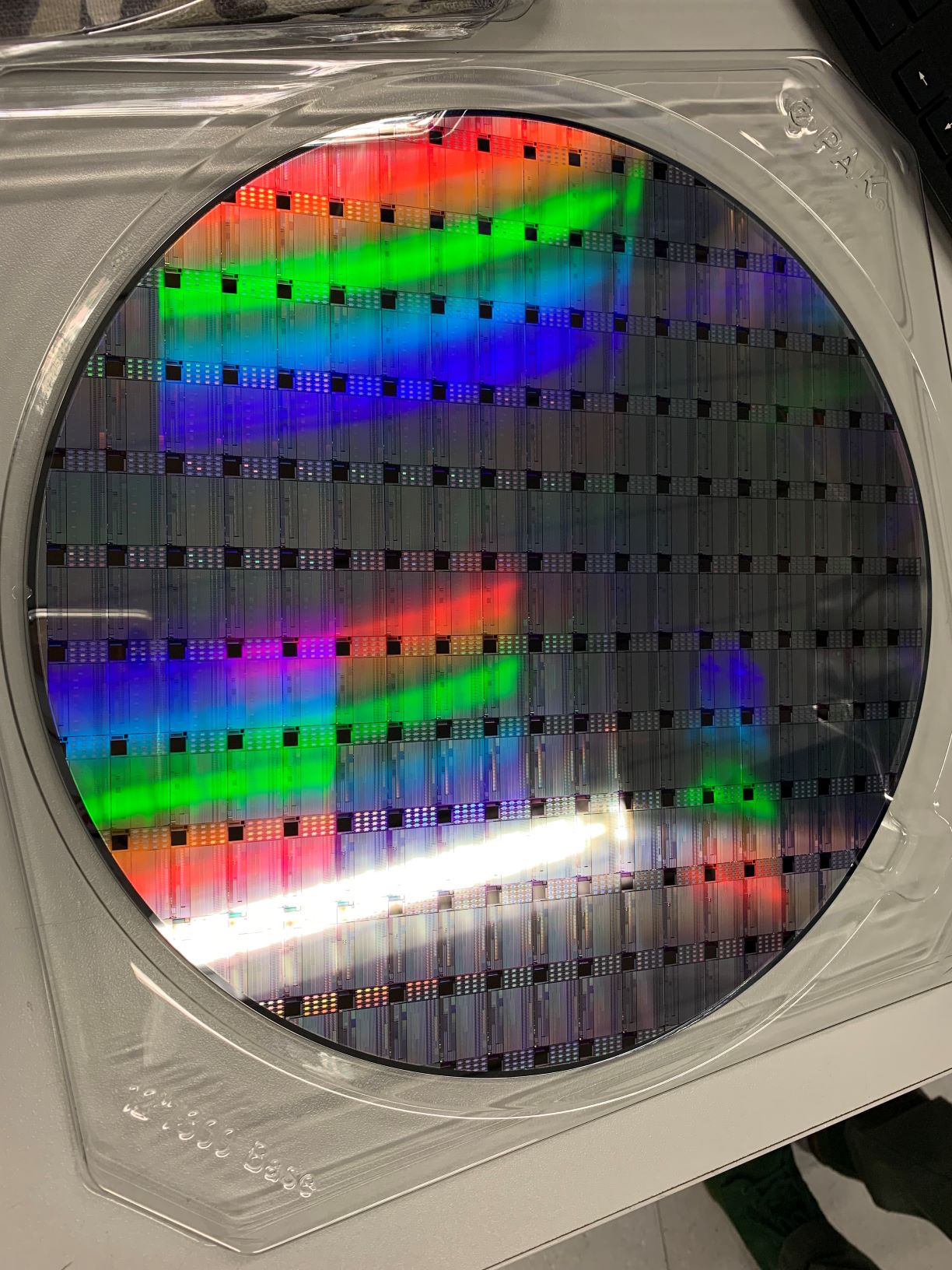Intrinsic breakthrough memory devices at commercially relevant nanometre scale

Intrinsic Semiconductor Technologies has announced that it has successfully scaled its silicon oxide-based resistive random access memory devices (RRAM) and demonstrated electrical performance characteristics that will enable their use as high-performance, low-cost, embedded, non-volatile memory in logic devices at advanced processing nodes.
Together with its partner imec in Belgium, Intrinsic’s RRAM devices have been successfully scaled to dimensions of 50 nanometres and have demonstrated excellent switching behaviour, which is key to their use as the next generation of non-volatile, solid-state memory. This milestone confirms that the devices are compatible with the advanced semiconductor manufacturing process nodes used across the semiconductor industry, both in terms of physical dimensions (scaling) and electrical performance characteristics, making them suitable for use in Edge AI and IoT applications.
Mark Dickinson, CEO of Intrinsic, said: “We are delighted to have hit this critical milestone, confirming our theoretical analysis that the devices can be made with nanoscale dimensions. For the semiconductor industry, this means, at last, there will be a simple and low-cost way to integrate non-volatile memory in any chip.”
Using Intrinsic’s technology, any chip designer will be able to embed a non-volatile memory that is as fast to read as static random access memory (SRAM), but at a fraction of the cost and power consumption. These patented “memristor” devices (a type of resistor with memory), which are manufactured on 300mm silicon wafers using industry standard complementary metal oxide semiconductor (CMOS) materials and processes, will enable a new era of embedded, non-volatile memory. This has applications across the board, from enabling cheaper and more efficient microcontroller units to shifting the paradigm when designing artificial neural networks.
“It is the simplicity of our device that really makes it stand out from other emerging memories,” explained Dr Dickinson. “We use materials and processes that are commonplace in CMOS manufacturing to create these exceptional memory devices. Our mission is to make a fast and low-cost, embedded, non-volatile memory available to any chip architect who wants to use it. In particular, applications such as Edge AI or IoT, where low power consumption and high performance are key, can move from using an expensive and power-hungry external memory to a fully integrated single-chip architecture.”
“It is very exciting that Intrinsic’s technology has achieved this significant milestone,” said Nigel Toon, advisor to Intrinsic and CEO, Graphcore. “Intrinsic is on track to offer a new, embedded, non-volatile memory that is compatible with the most advanced semiconductor process nodes, an option that doesn’t exist today.”
Intrinsic has partnered with imec in Belgium, a leading semiconductor research organisation, to develop these volatile memory devices using industry standard CMOS processing.
“Imec is excited to be working alongside Intrinsic to demonstrate the performance and manufacturability of their RRAM devices,” said Gouri San Kar, memory director at imec. “We are delighted to be working with such a strong team at Intrinsic, with deep knowledge of the material science behind this promising and relevant technology.”

































